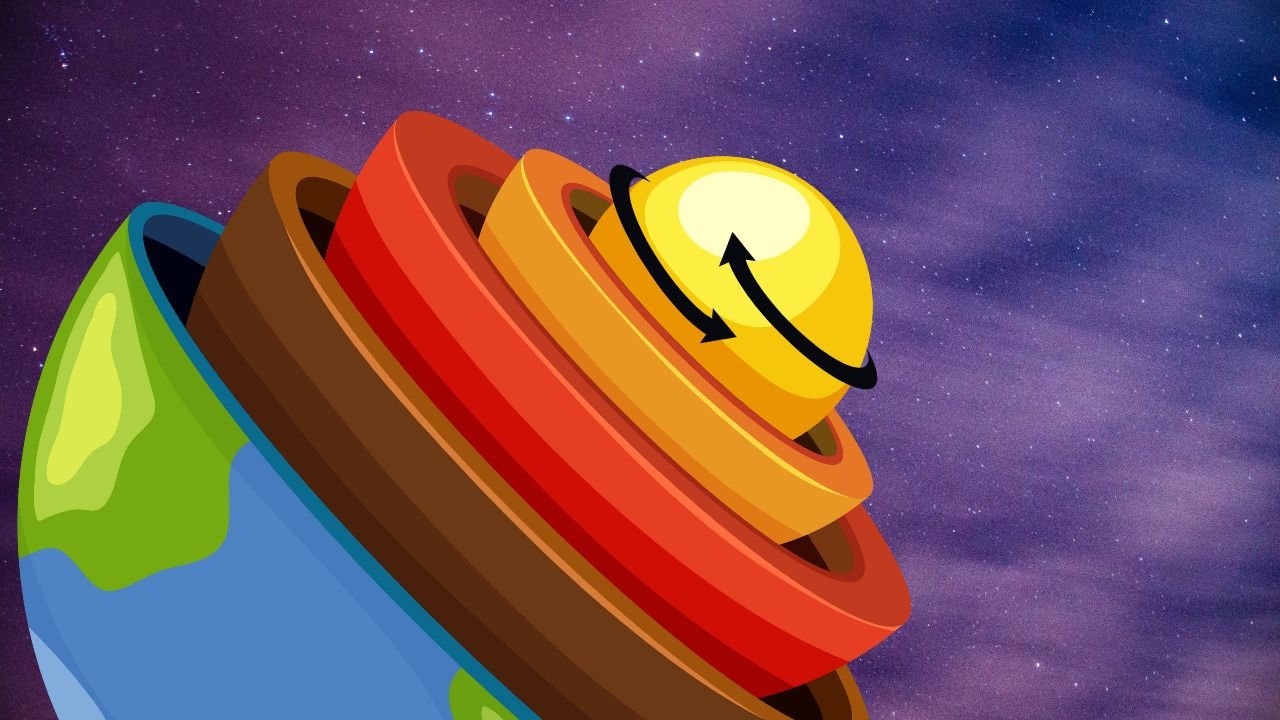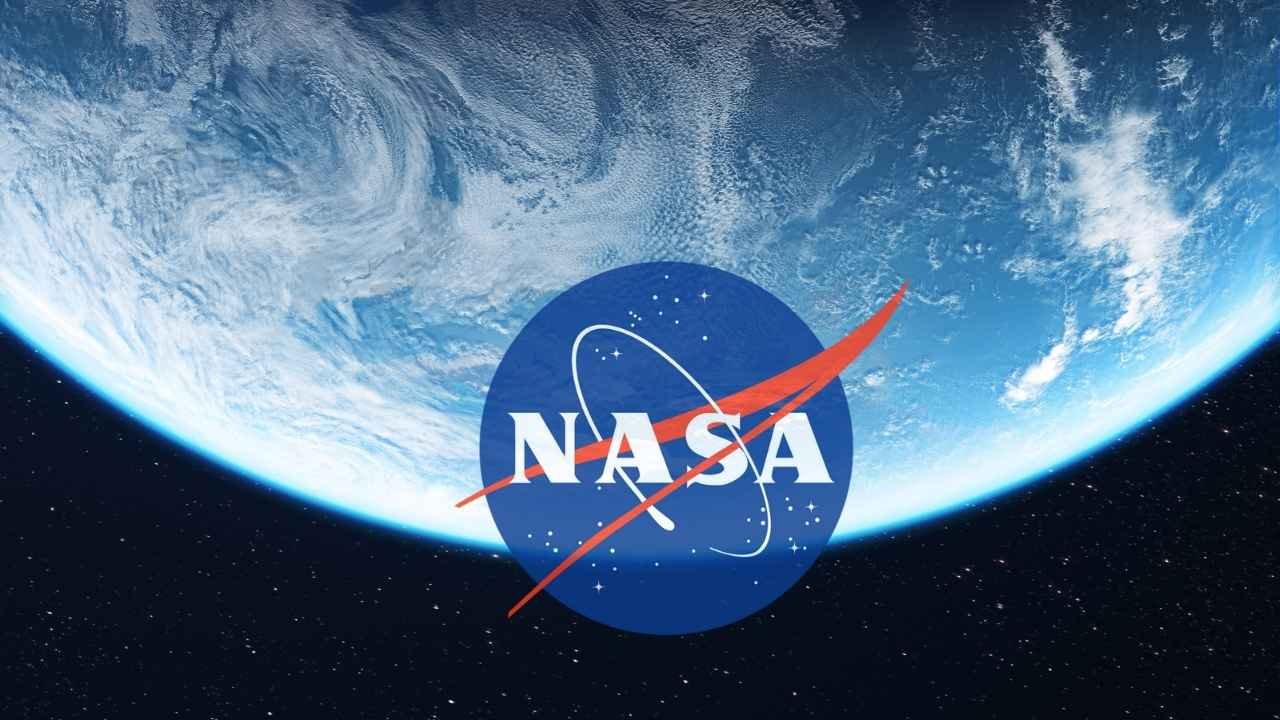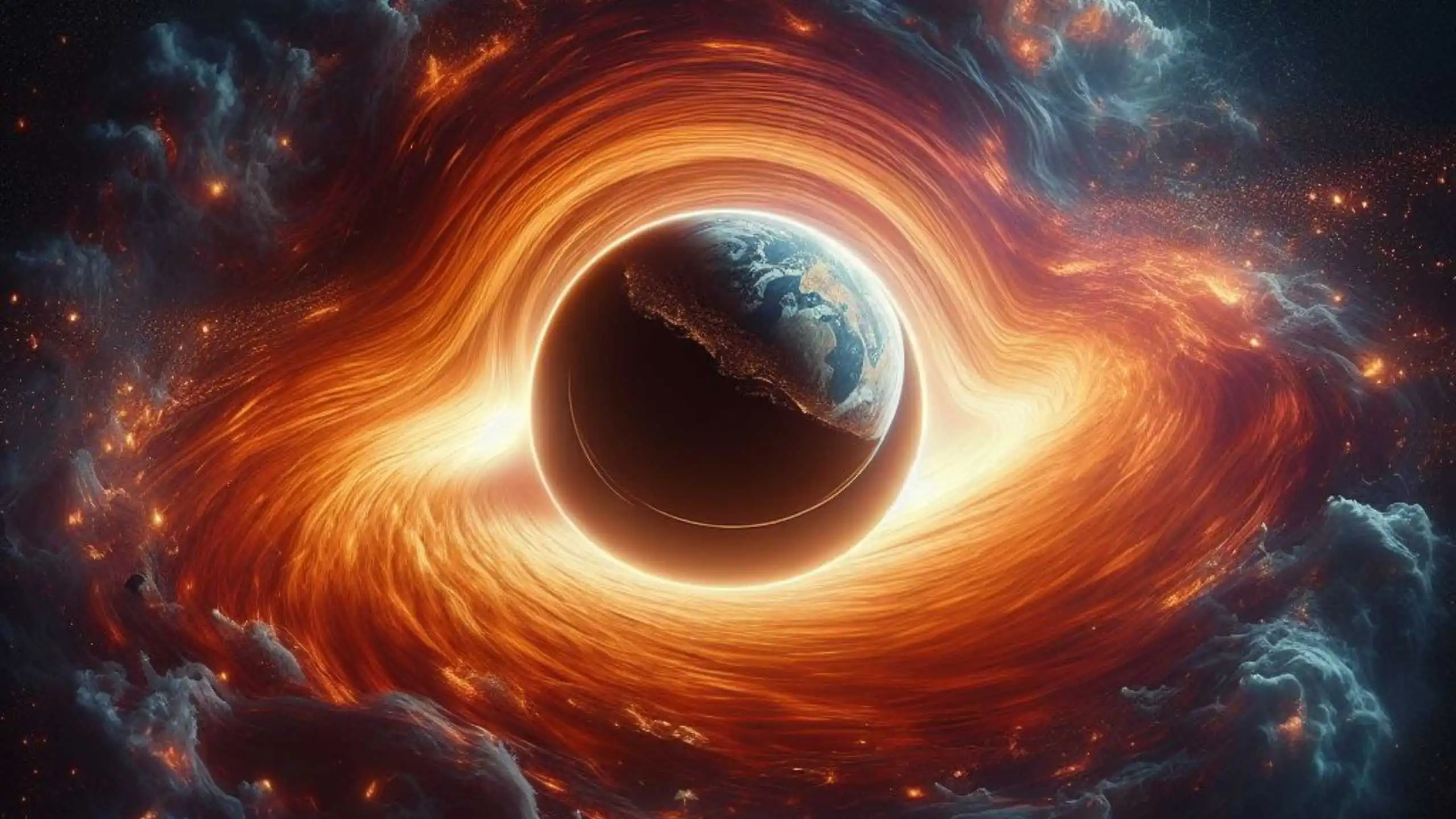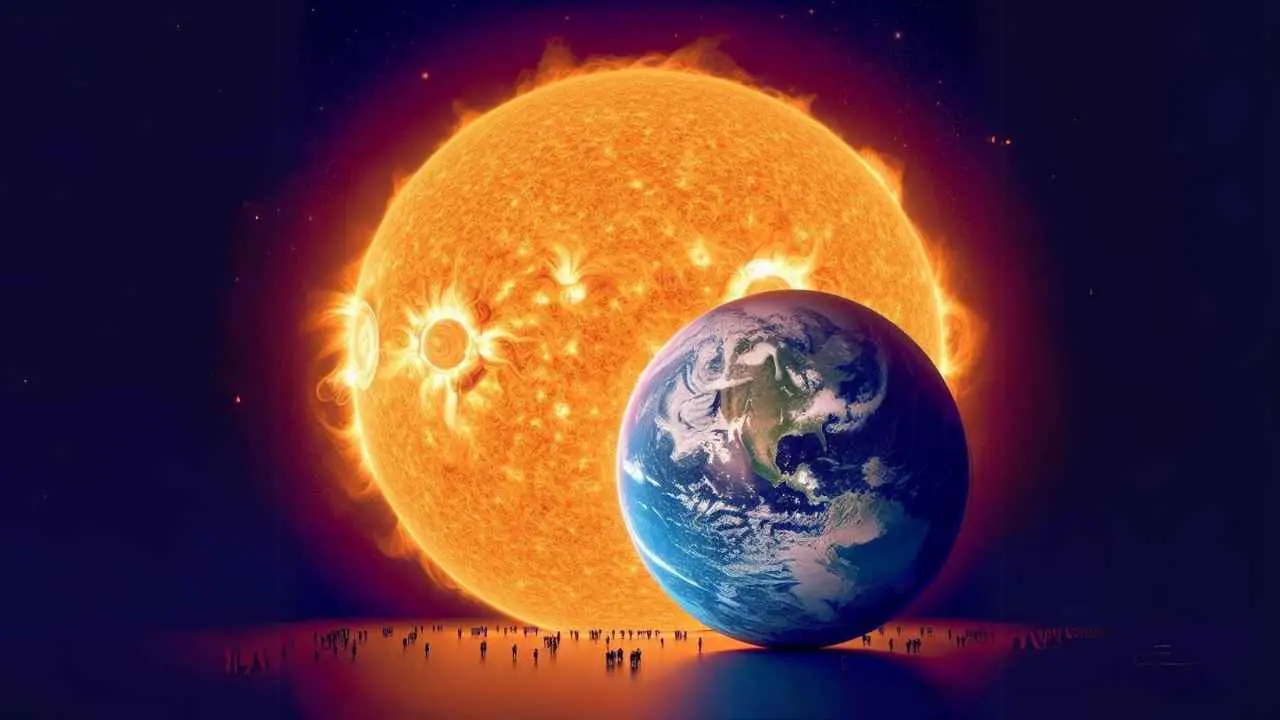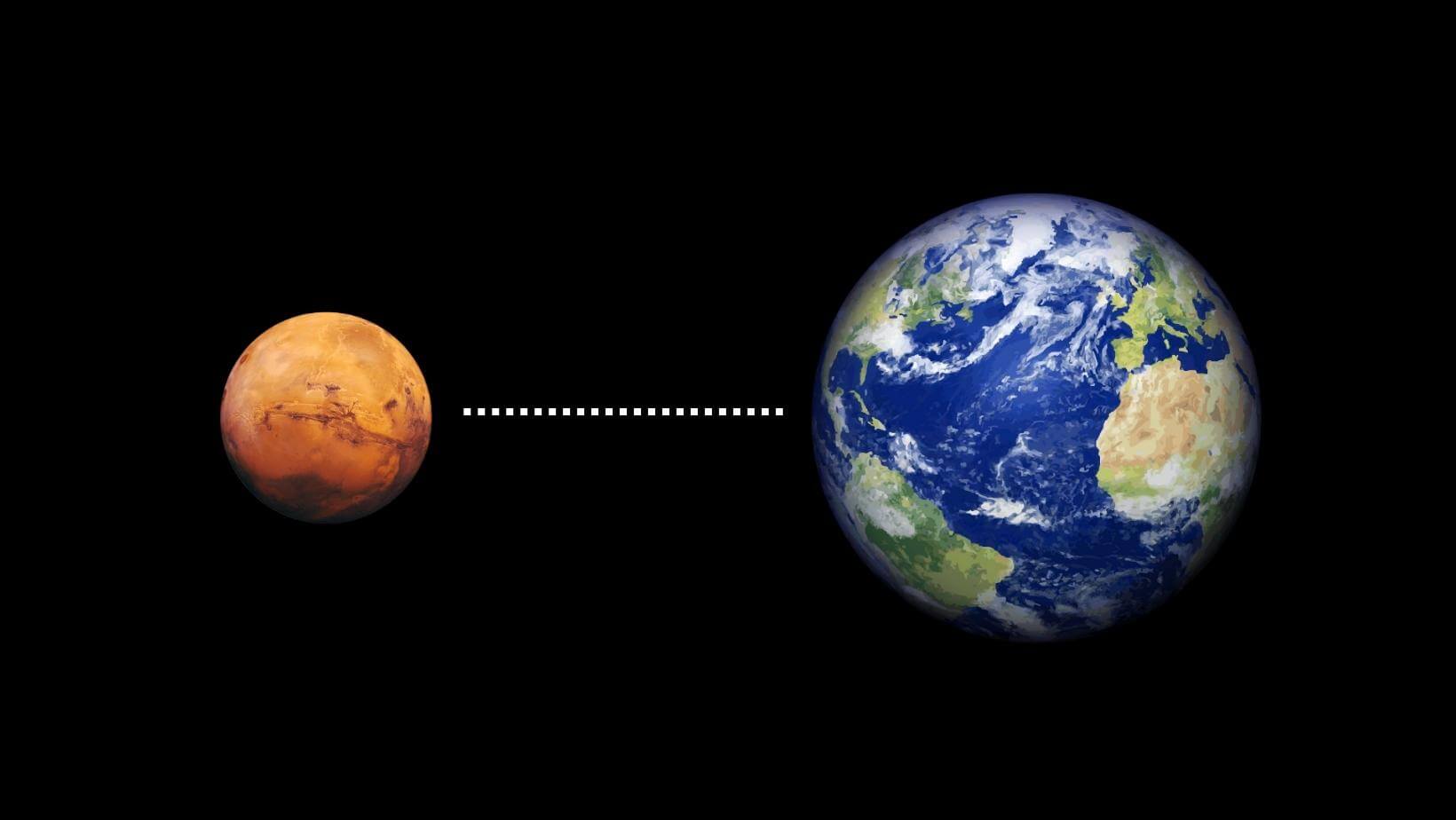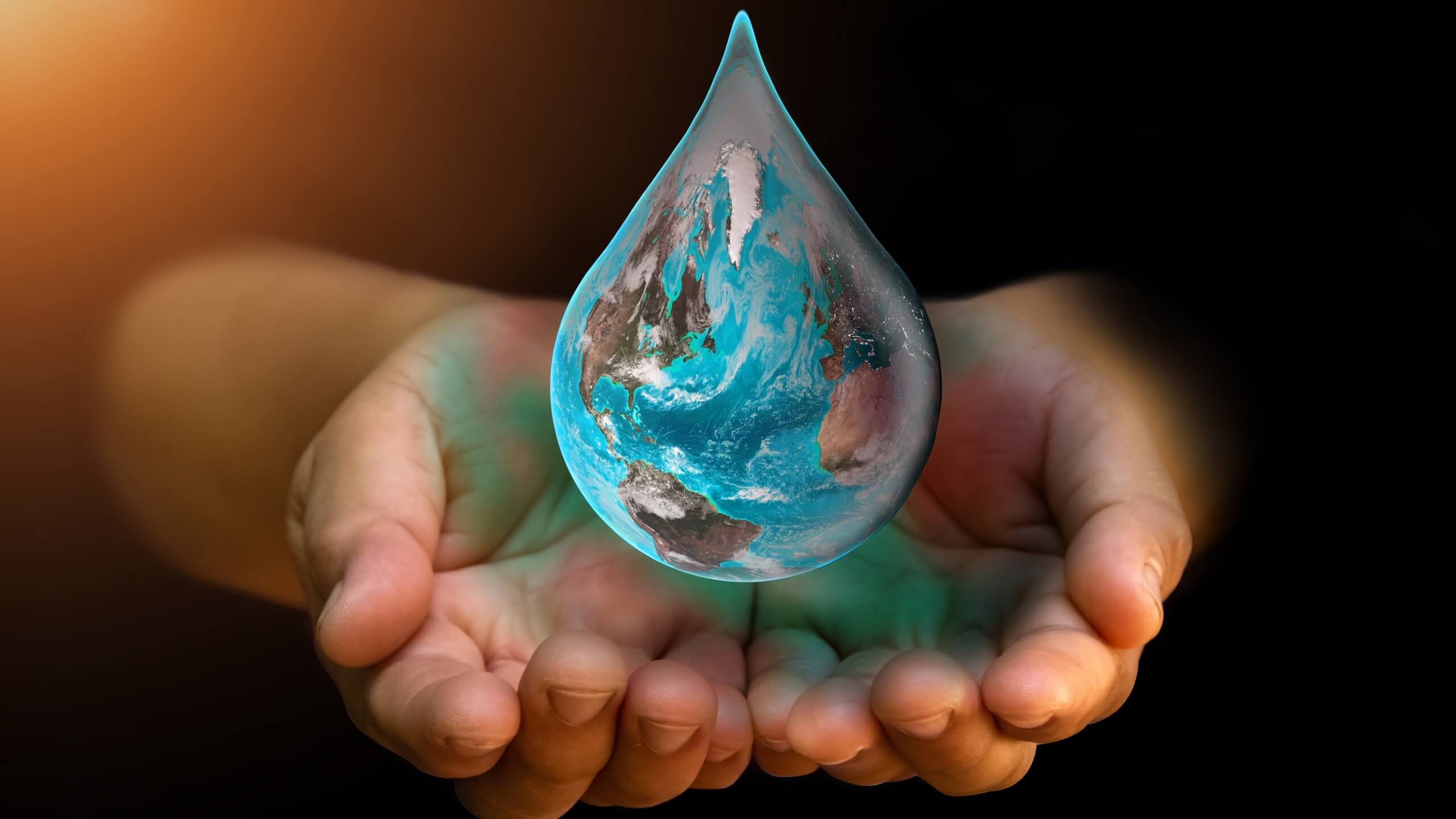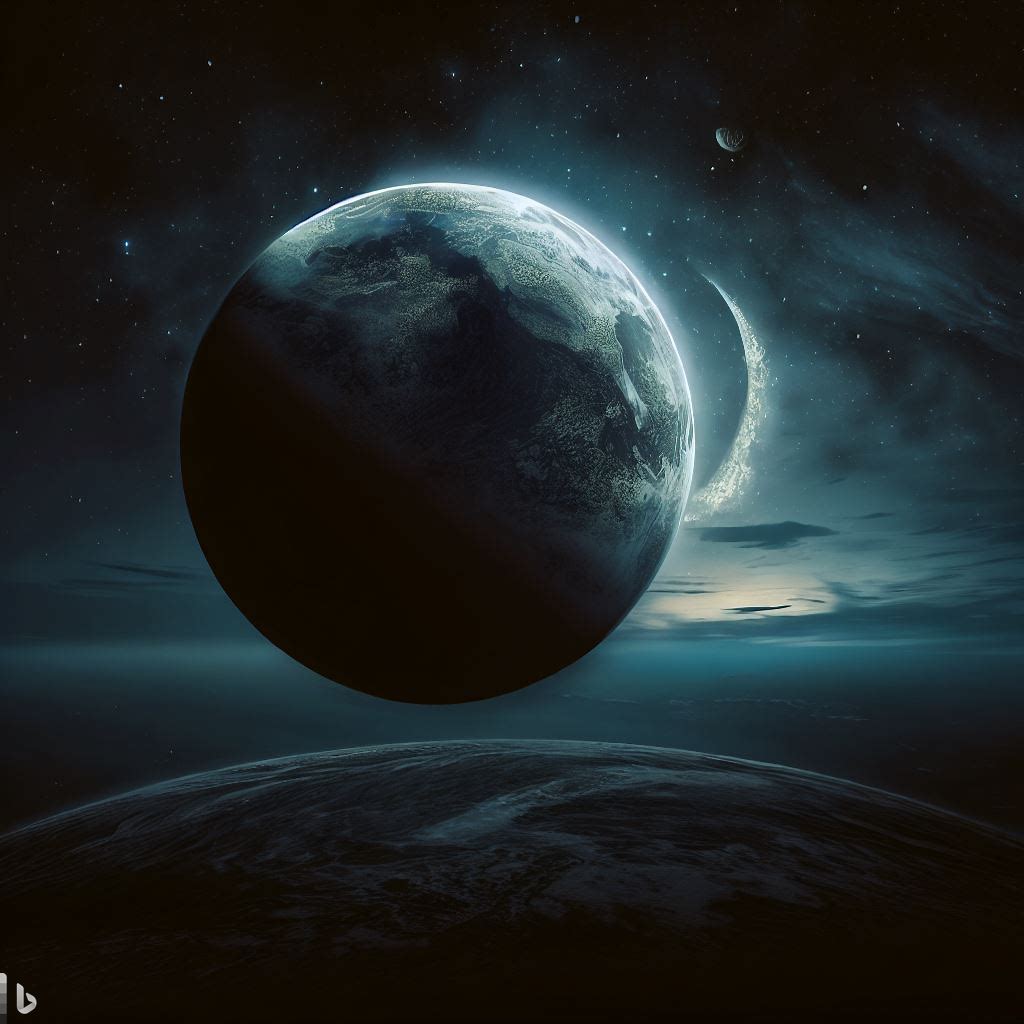Tag: earth
Why Is Water Blue In Color?
When we look at large bodies of water like oceans, lakes, or rivers, it seems blue. Water even in swimming pools also looks bluish. The blue color of water is actually due to the way it interacts with light. After reading this article, you will learn why water looks blue, what factors influence water coloration,…
Written by
What If The Earth’s Core Stops Spinning?
7000 kilometres wide, Earth’s Inner core has shown signs of stopping and reversing its spin since 2009. But the question arises, what would be its consequences? The spinning of Earth’s inner core plays a crucial part in our lives and produces magnetic fields. But what if the core stops spinning altogether? Let’s get into details:…
Written by
Why Did NASA Stop Exploring The Ocean?
NASA (National Aeronautics and Space Administration) is a renowned US government agency primarily focused on aerospace and aeronautics research, and space exploration. Despite having the main mission of space exploration and aeronautics, it also collaborates with other agencies and organisations on projects involving oceanography and Earth science. After reading this article, you will know why…
Written by
How Many Earths Would Fit in the Sun? Earth Size Compared to Sun
The Sun is a blazing celestial giant, which captivates our cosmic curiosity. The Sun is our solar system’s central star. Through the process of nuclear fusion, it transforms hydrogen into helium, producing a staggering 4 million tons of energy every second. This energy, emitted as light and radiation, plays a crucial role in sustaining life…
Written by
How Far Away Is Mars From Earth? Distance From Earth To Mars
The distance between Earth and Mars in our Solar system is not constant, because of the difference in their positions inside their orbits. It changes as both planets move in their orbit around the Sun. Mars is, on average, about 140-249 million miles away from the Earth. Mars is farthest when they are on opposite…
Written by
Where Did Earth’s Water Come From? – Origin Of Earth’s Water
The origin of water on Earth has captivated scientists for countless years, driving them to unravel the mystery that covers its true source. Recent research suggests that Earth’s water may have multiple sources, challenging the notion of a single origin. Several theories propose that our planet’s water was inherited during its formation from Carbonaceous Chondrites,…
Written by
What Does Net Zero Emissions Mean? – Why it is very important for us?
Net zero emissions is a concept, which means the amount of greenhouse gasses released into the atmosphere is balanced by an equal or more amount being removed from the atmosphere. The term was popularized by the Paris Agreement and many nations set a goal to achieve net zero emissions in the near future. Here we…
Written by
What Would Happen If We Didn’t Have A Moon? Earth Without Moon
The disappearance of the moon would have a devastating impact on life on Earth. It is likely that human civilization will collapse without the moon. There are countless consequences which will occur due to moon disappearance, including darker nights, smaller tides, extreme weathers, heavy hurricanes and tornadoes. Moreover, there is a greater chance that the…
Written by


